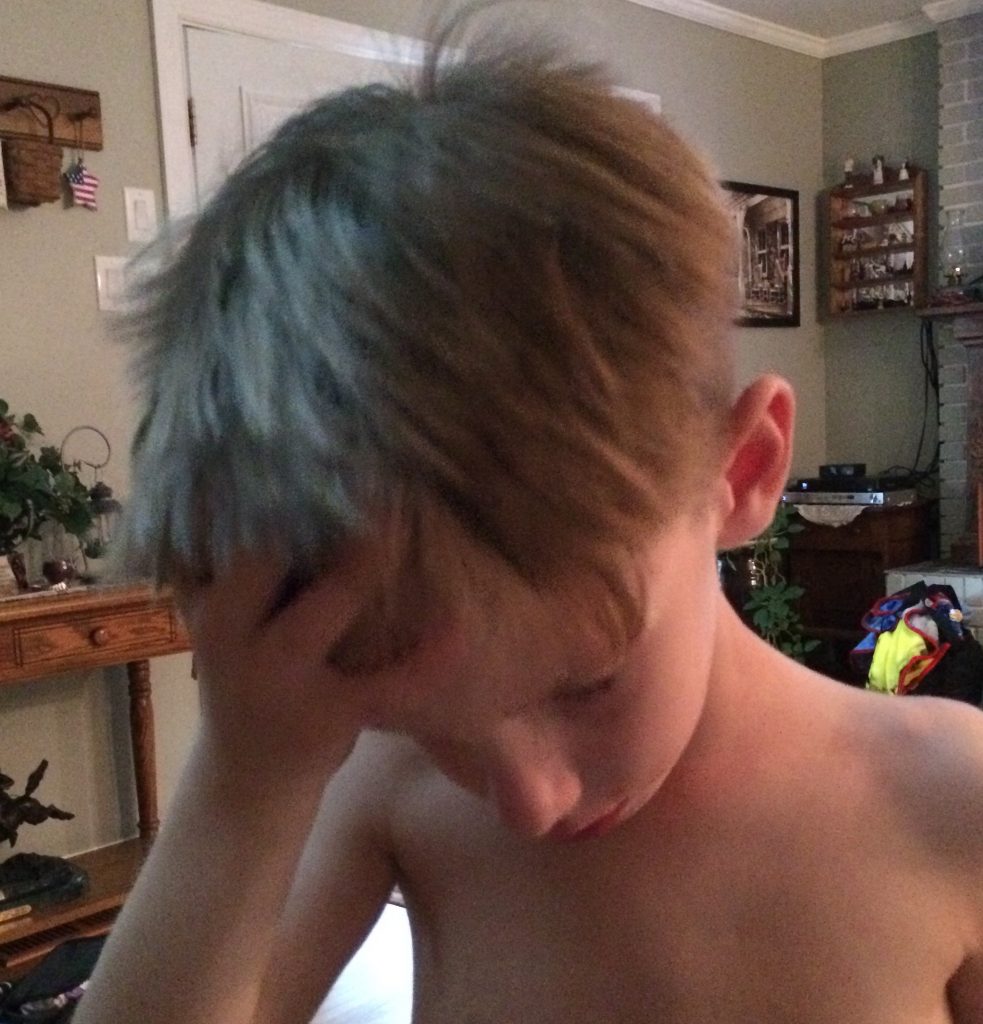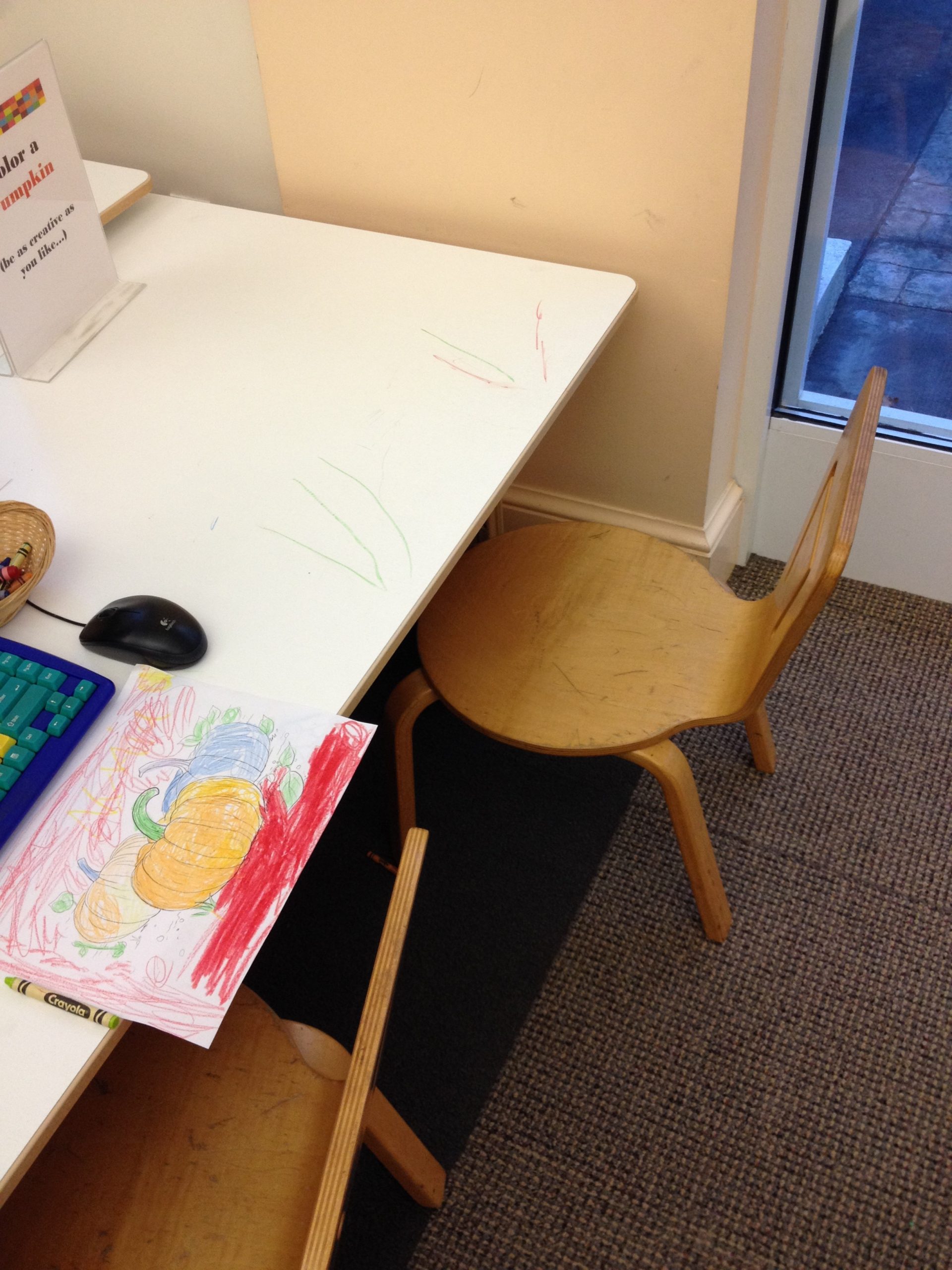Stress is the strain of every day life everyone both young and old experience. It is caused by a situation that requires one to change or make an adaptation. It can also be caused by positive changes or a new activity. And, it is linked with negative changes such as an illness or a death.
Educators, caretakers, and adults sometimes view a child’s world as happy or worry free. But that is not the case for many of our children or young adults.
Positive Stress
Good stress is natural to learning and to the development of children. They learn to cope with obstacles that lead to frustration or take them out of their comfort zone. When provided with support, it is manageable. Positive tension happens when we are faced with an activity that we can handle. It pushes us to a limit so a goal is achieved and makes us react instead of being complacent. It even encourages us to take a risk.
Harmful Stress
Harmful or toxic stress may be due to a death, a divorce, a long illness, violence in the home or verbal abuse. It has the potential to be harmful however, with responsive parenting and/or counseling it can become short-term.
Toxicity can have a lasting effect on the learning process. Harmful stress scars the brain. The more undesired experiences occur, the greater the developmental problems. Such problems may be, general health problems, heart disease, diabetes, substance abuse, and depression. However, caring and nurturing adults can stop or reverse the damage.
The Brain and Stress
The brain releases a hormone that flows to the pituitary gland “ then mobilizes the production of a second hormone that swims via the bloodstream to adrenal glands above the kidneys. The adrenal glands activate adrenaline and cortisol. Adrenaline accelerates the child’s heart rate and elevates the blood pressure. Cortisol pumps up the blood sugar level, elevating the child’s muscle and memory power and boosting the pain threshold.”
Encourage children to talk about what bothers them. Collaborate to come up with a solution. Add exercise to a person’s daily life. When we reduce stress, especially in early childhood, the lives of our children will improve.




